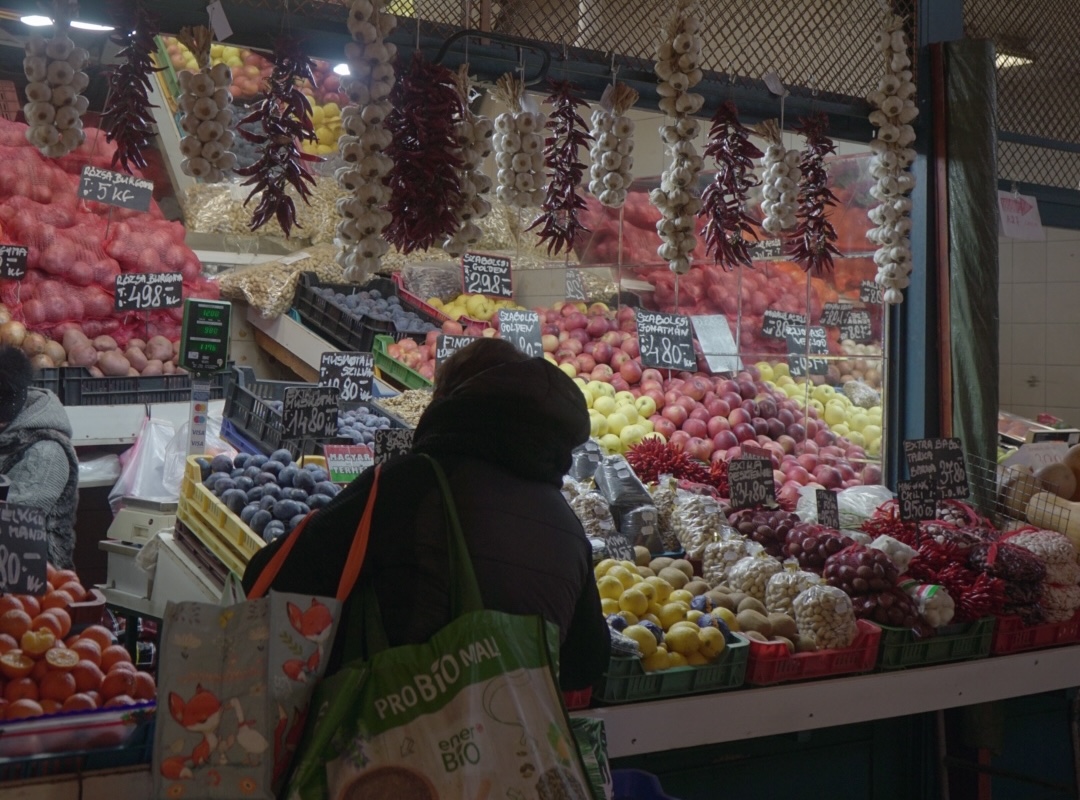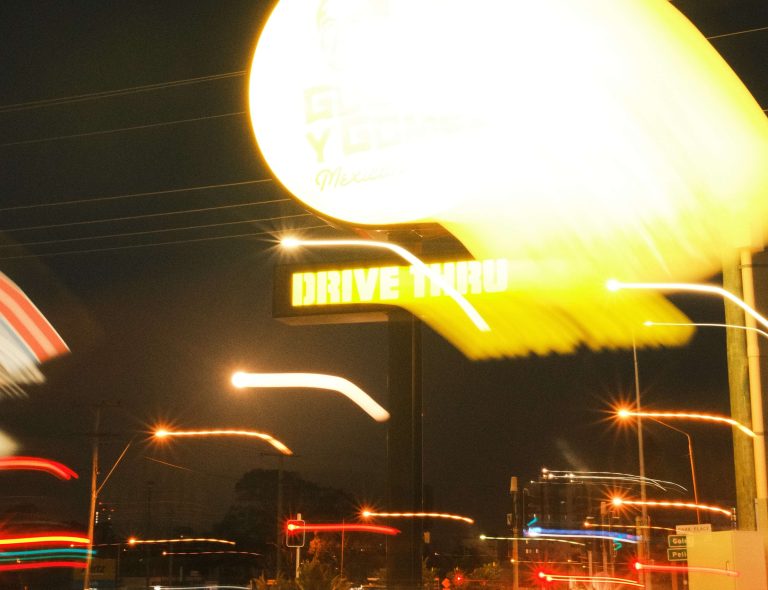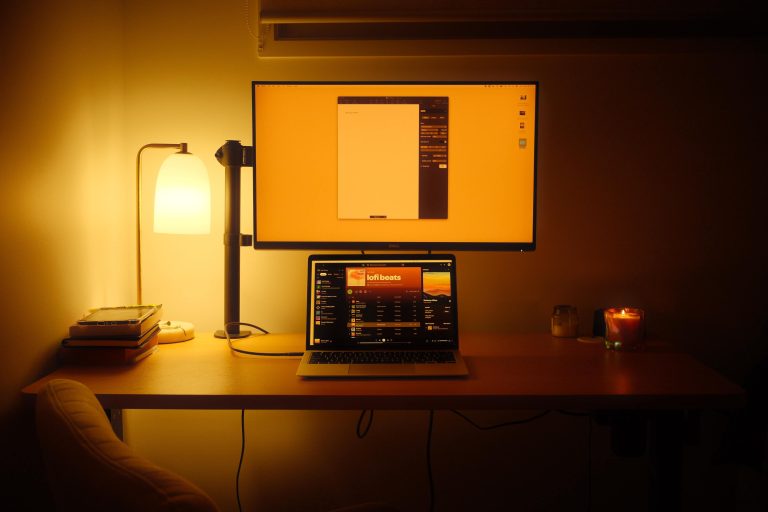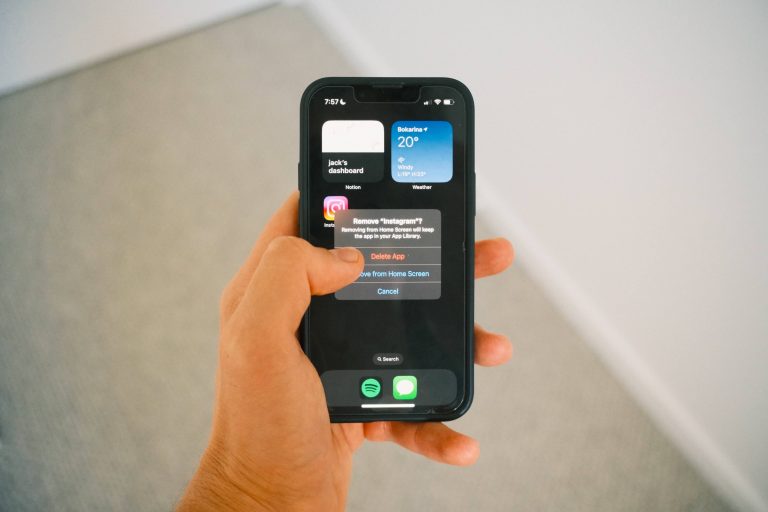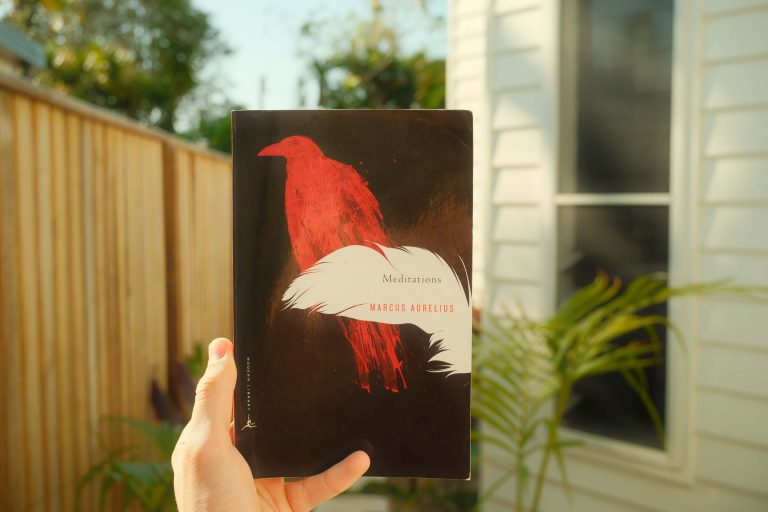Choice is often celebrated as the hallmark of modern life, yet for a perfectionist like myself the paradox of choice can be destructive.
Need a new pair of pants? Great! Just jump online, there’s thousands of pairs to choose from. After scrolling through countless pages showcasing pairs with various cuts, lengths and colours, what starts off as a well-intentioned purchase can quickly take a turn for the worse.
If you’ve ever experienced decision fatigue, you know that the freedom of choice can be debilitating. And it’s not only the important life decisions that can leave you tossing and turning at night, it’s also those small everyday decisions that can really start to add up.
Including that pair of pants that you still can’t make your mind up about.
What is Decision Fatigue? Unravelling the Mental Maze
Decision fatigue is simply our exhausted brain trying to keep up. A primal mind trying to decipher an unnatural influx of information and make the best decision it can, over and over again, until it can’t do it anymore.
For me, decision fatigue mainly stems from FOMO (Fear of Missing Out). The more options I have, the more of a chance there is that I won’t pick the right one.
This is why Steve Jobs’ mansion remained unfurnished for most of his life – because he couldn’t decide on what to fill it with.
It’s the perfectionist mindset. Not wanting to settle for something good because you might miss out on something ever better.
In a way, settling for something that isn’t perfect almost feels like you’ve lost – like you’re missing out on that life-changing item (which doesn’t exist).
So you keep looking. And as you keep looking your brain keeps ticking.
Ticking.
Ticking.
Until you realise it’s been two hours, you’ve scrolled past a thousand pairs of pants and haven’t even decided on a single pair you like.
You feel guilty, mentally drained, and almost ashamed for feeling this way over something so ‘simple’.
But it wasn’t always like this.
The Era When Choices Were Clearer
In his TED talk ‘the paradox of choice’, psychologist Barry Schwartz breaks apart our sometimes toxic relationship with the freedom of choice.
“The way in which we value things depends on what we compare them to,” Schwartz says.
He mentions how buying a pair of jeans used to be a ten second decision. The reason for this? Because they only had one kind.
Now whenever he goes into a shop he is overwhelmed by the amount of choice and is often left second-guessing himself, no matter what pair he decides to buy.
Theodore Roosevelt once said, “comparison is the thief of joy,” and boy oh boy is comparison rife in today’s culture.
The 24/7 Thinker: Your Brain is Always Ticking
You’ve probably heard the statistic that humans make over 35,000 decisions every day.
When you’re deciding whether or not to talk to the stranger in the elevator or just hold the silence until one of you gets out, you’re probably overthinking some other trivial decision. What sandwich should I get from Subway today? If I was in the Avatar: The Last Airbender what element would I want to bend (earth of course)?
All of this stems from our inability to be mindful and present. We very rarely bask in the present moment. And by definition, when we aren’t in the present we’re either in the future or the past. Worrying, dreaming, overthinking, trying to escape the now.
Add in a couple hours of social media and endless advertisements (the average person is exposed to 5000-10,000 ads per day) and there you have it, the reason so many of us are mentally drained all the time.
Four Ways I Cope with Decision Fatigue
Making daily decisions is something you cannot avoid. There are certainly ways to reduce your exposure to the constant barrage of thoughts however, most of which serve no purpose other than to keep your mind occupied and distracted.
The four strategies I’ve listed below are what work for me. It’s important to remember that different strategies will work for different people, so I encourage you to experiment.
1. Go forest bathing
I read a book recently called ‘Into the Forest’ by Qing Li which discusses the Japanese art of Shinrin-Yoku, known in English as forest bathing.
Forest bathing is a practice that involves spending periods of time in a forest or other natural environment to reconnect with nature through sensory engagement. Being in this environment can help reduce psychological fatigue and untangle that mind-numbing cognitive load imposed by the endless scroll and constant flow of decisions.
“There is no medicine you can take that has such a direct influence on your health as a walk in a beautiful forest,” Li says.
This book added a little bit of science to something that I think we can all agree on – nature makes us feel so much better.
And you really don’t need a forest near you to experience these benefits. Even just hearing birds chirping or staring up at the moon can make our daily decisions, and even our lives, seem so insignificant.
You’re in the supermarket wondering which ply toilet paper to buy and there’s just this little bird flying around taking little dumps all over the earth. He’s got it figured out. And he ain’t spending a dollar.
Go for a walk. Reconnect with nature.
This is what helps me most.
2. Stop cooking fancy meals
As I mentioned earlier, defeating decision fatigue is not a one-size-fits-all approach. It’s important to identify what aspects of your own life seem cluttered or annoying and make adjustments from there.
Does constantly making something different for dinner every night stress you out? Maybe it’s time to start meal prepping for the week or having the same thing every night.
I’ll make an admission – I have oats and potatoes for dinner just about every night. Seriously.
It sounds crappy I know, but believe me when I say I wouldn’t have it any other way. My friends and family give me stick for it, but that’s what works for me. Ten minutes of prep and I have a nutritious dinner that I enjoy (I make banging roast potatoes).
Some of the things you do might seem crazy to others, but if it makes your life simpler and allows you to focus on more important things, then it’s worth it.
3. Don’t meditate, just sit in silence
This is possibly the simplest thing you can do yet I guarantee it will be the hardest. You don’t need to try and meditate, just sit there and let yourself become bored.
Decision fatigue stems from a bombardment of information. There comes a point where our brain gets so full that it simply cannot process the constant overload.
The only way to clear your thoughts is to step away. Leave the store, close the laptop, sit with your own thoughts and watch the world go by.
As all the information you’ve just absorbed slowly starts to settle in your mind, things will begin to become clearer. Don’t add more to the mix. Let it sit.
4. Clean the space around you
For me, a messy space means a messy mind. I’ve certainly gravitated towards a minimalist lifestyle over the past few years, but even with far fewer things, my space isn’t always clean.
Look around, do you have physical clutter that’s adding to the mess inside your head? If you’re sitting there trying to get your thoughts in order and you’re just looking at a bunch of clothes thrown on the floor that you know you’re going to have to put away as soon as you get up, then your mind is not going to be at ease.
A clean space around you allows for a clean mind inside of you. And hey, if there’s a bunch of clothes on the floor – maybe you don’t need that new pair of pants anyway.
How Do You Manage Decision Fatigue in Your Life?
Think back to the last time you were stressed when purchasing something. Was that item something you truly needed? Do you even remember what the item was?
Decision fatigue, in my case and I’m sure in yours too, is often self-inflicted. Simplifying choices and coming up with your own strategies for decision-making can make life easier. But so can simply choosing to buy nothing at all.
Maybe don’t push it to the extent of Steve Jobs living in an unfurnished mansion, but really ask yourself if what you’re stressing over is truly worth the stress.
I bet it’s not.
Always remember – you don’t need the thing, you’ve just been conditioned to think that you do.

